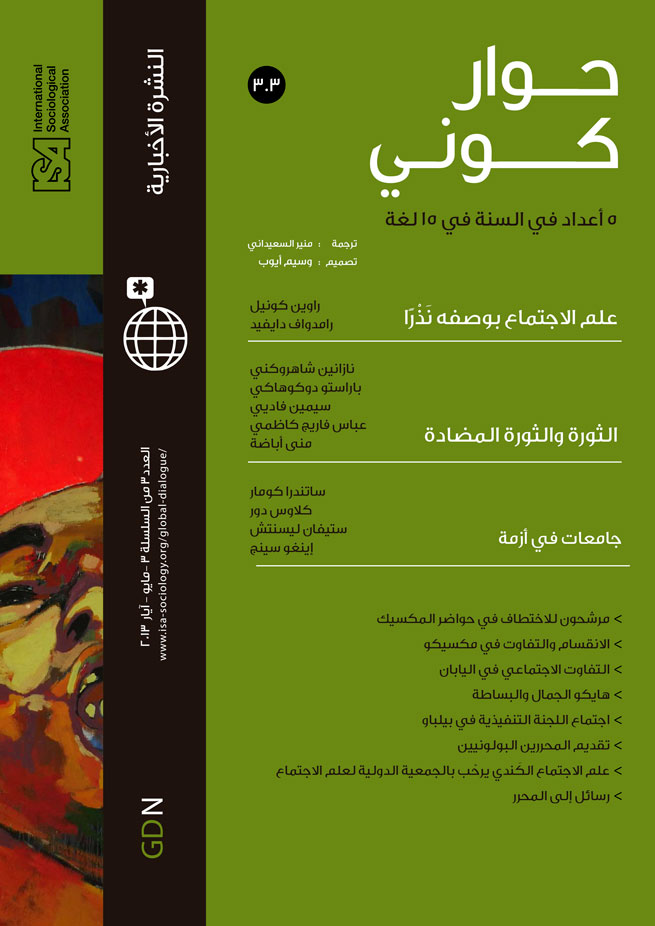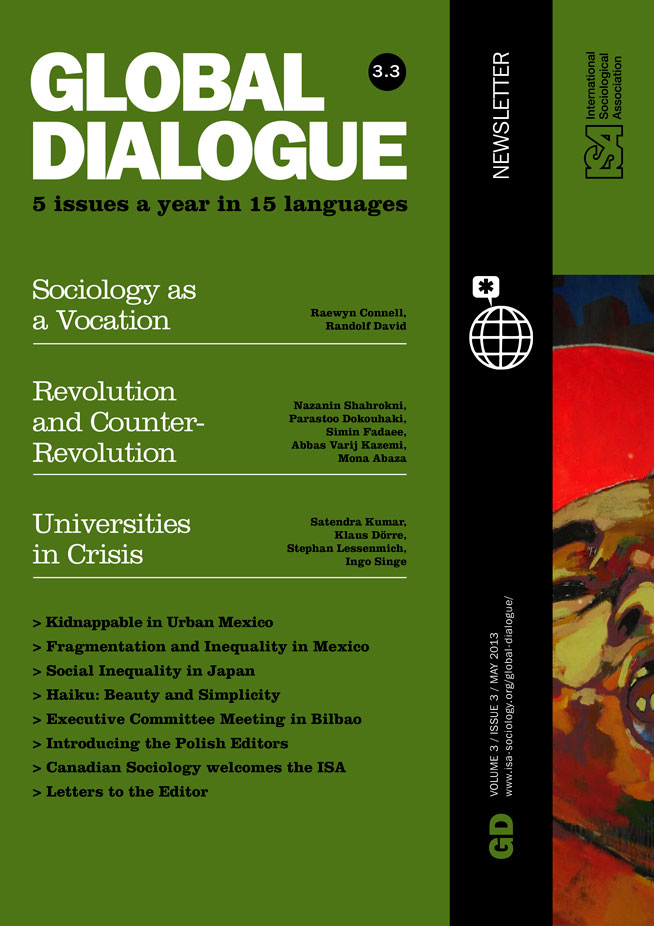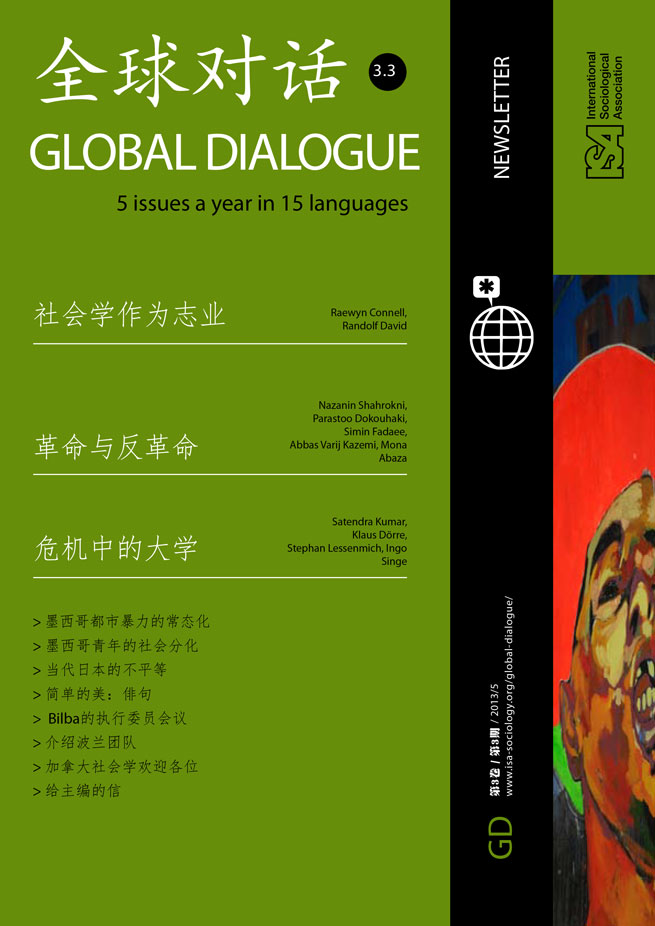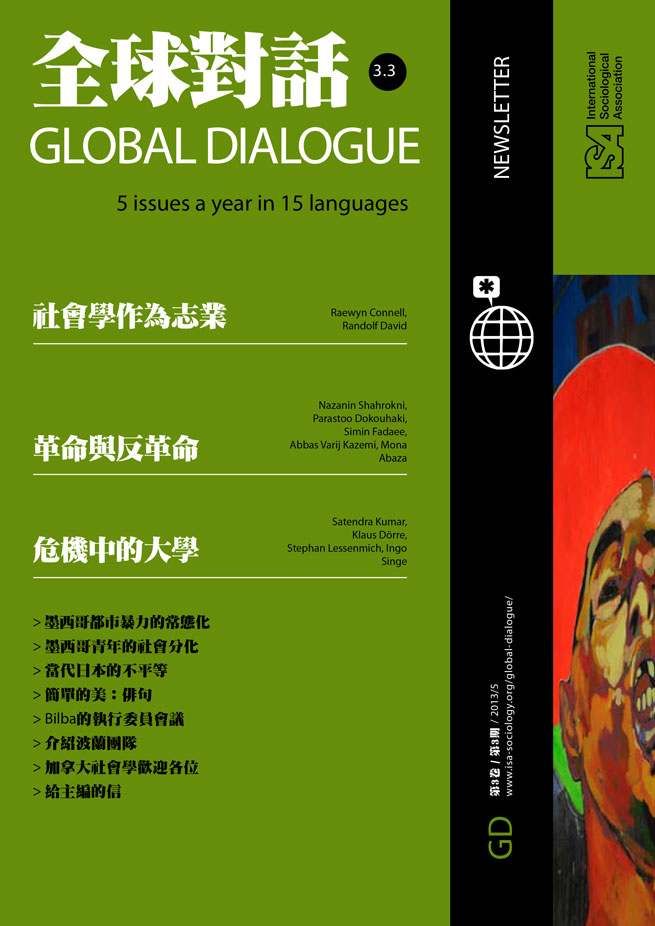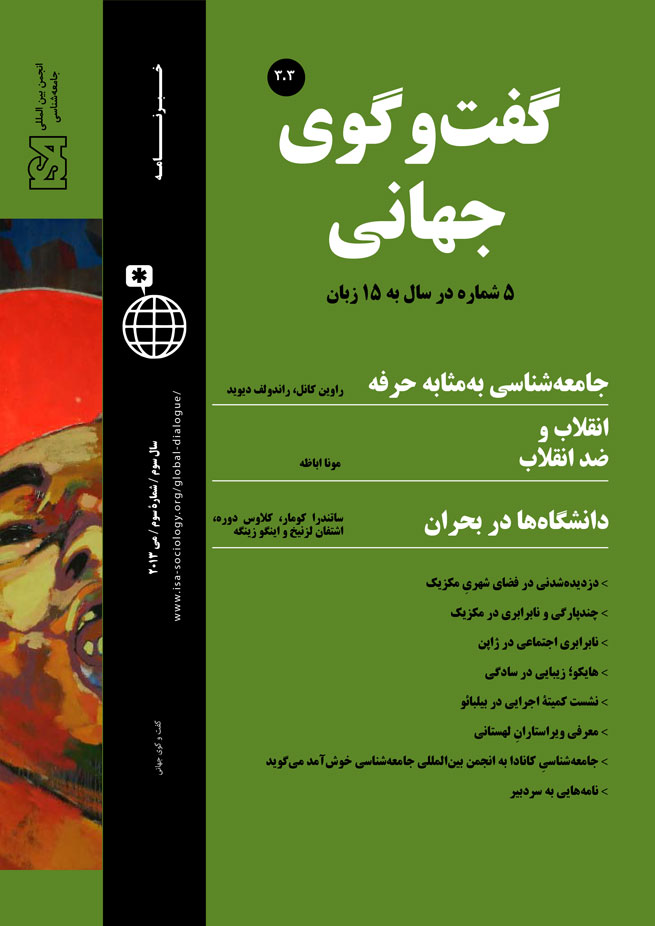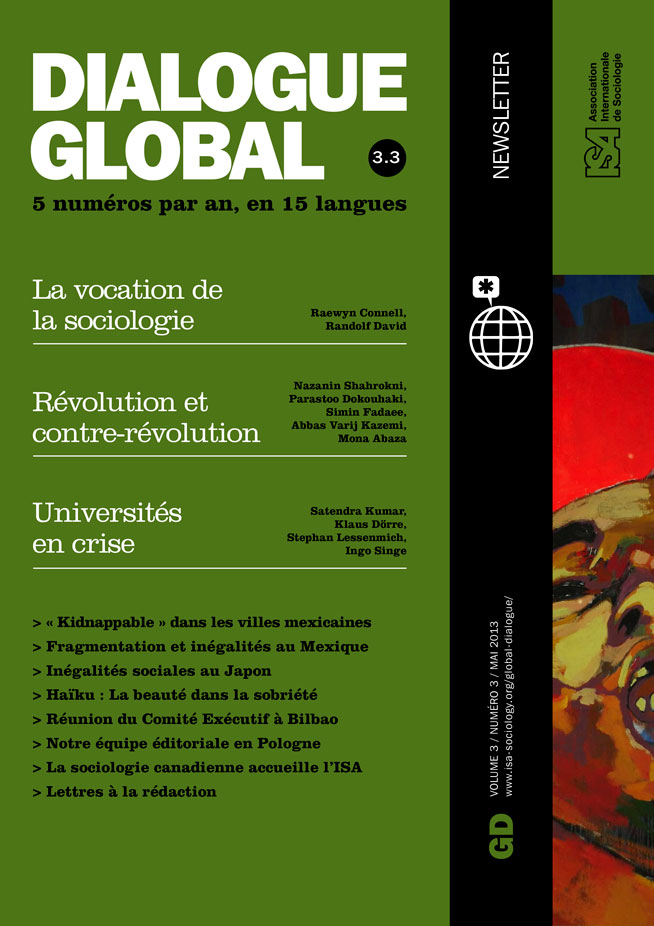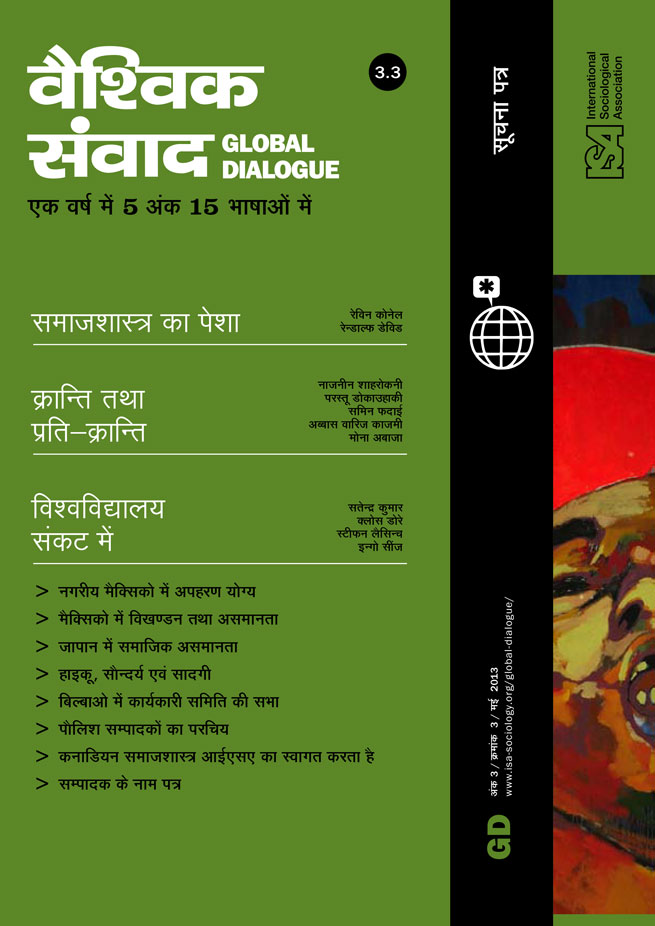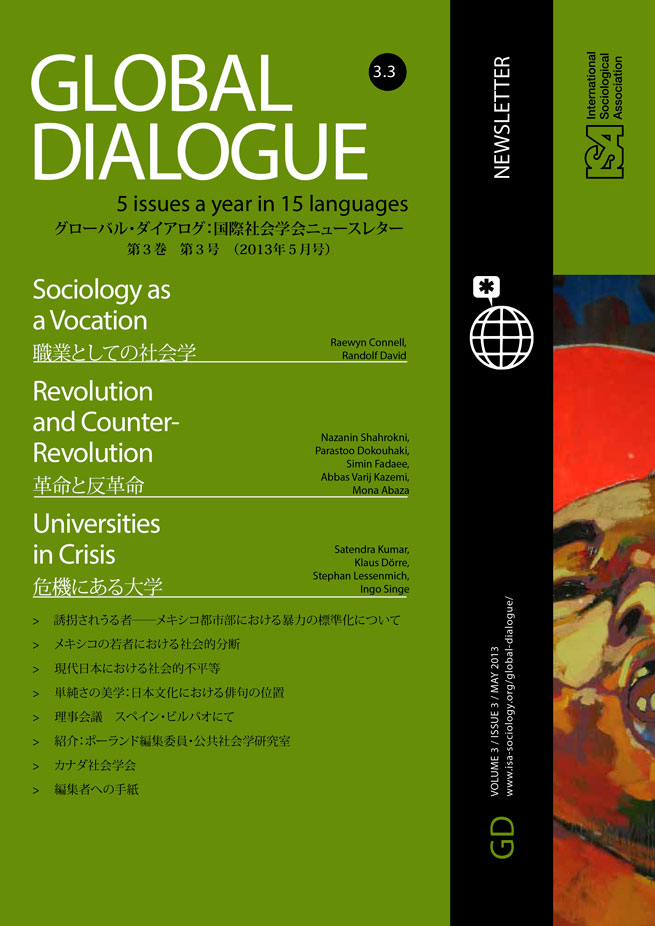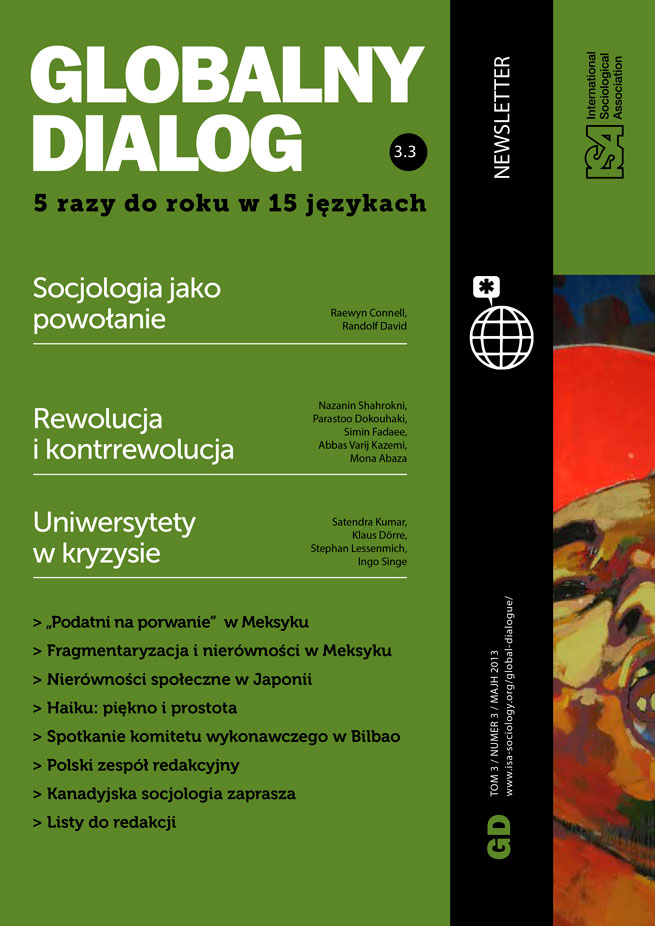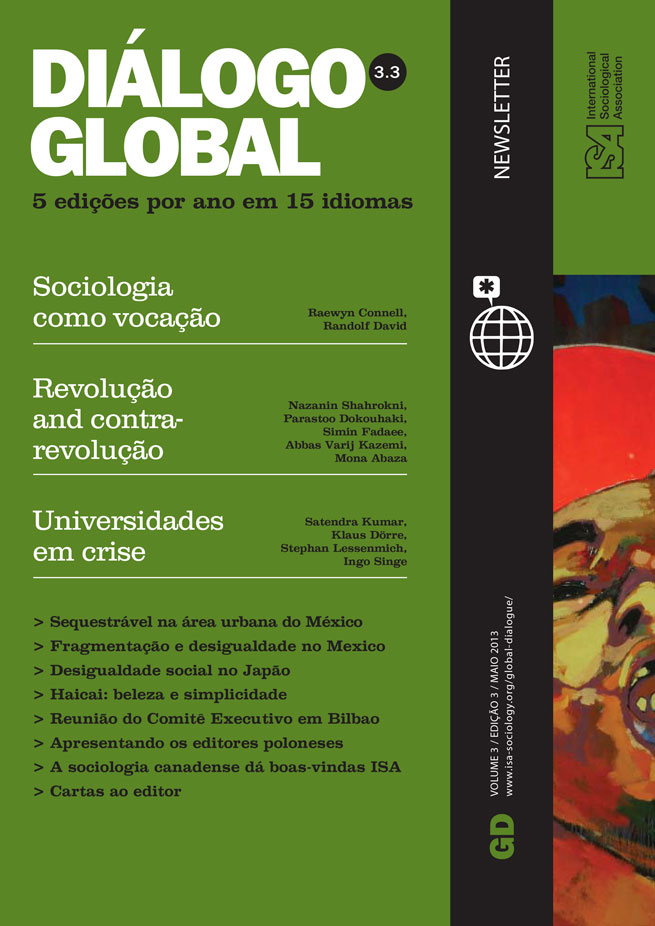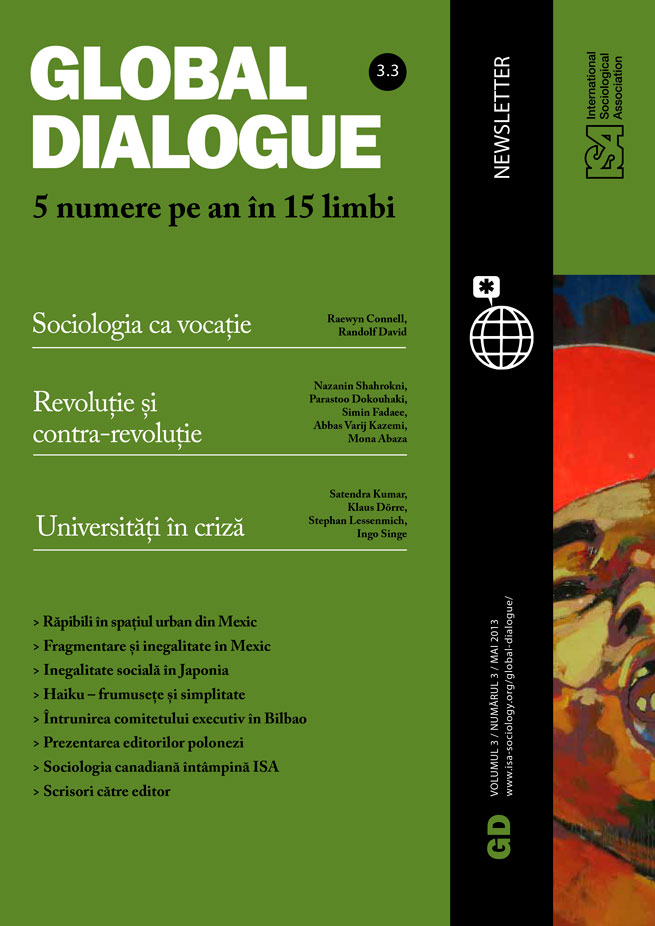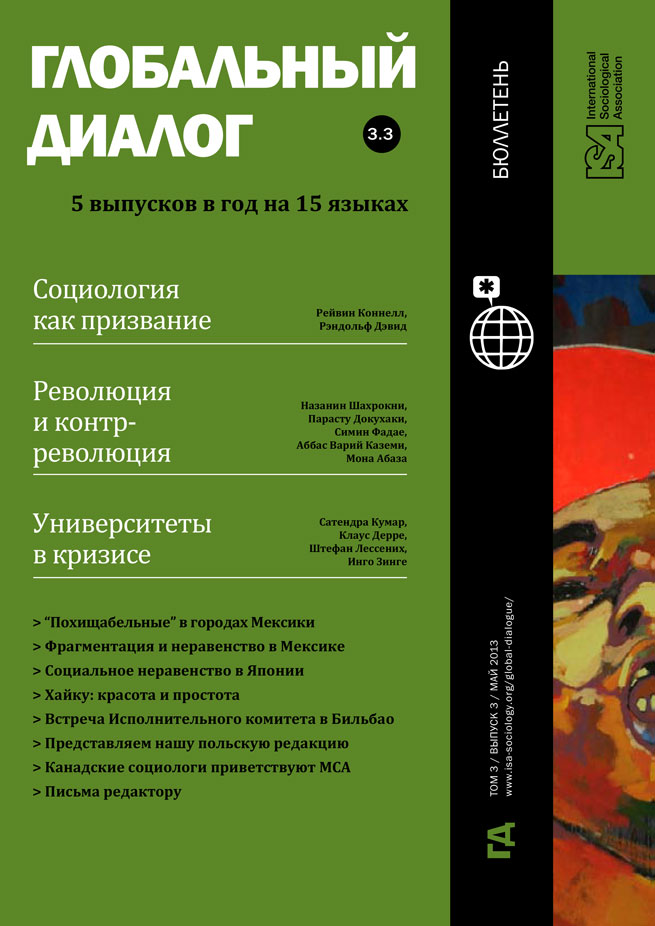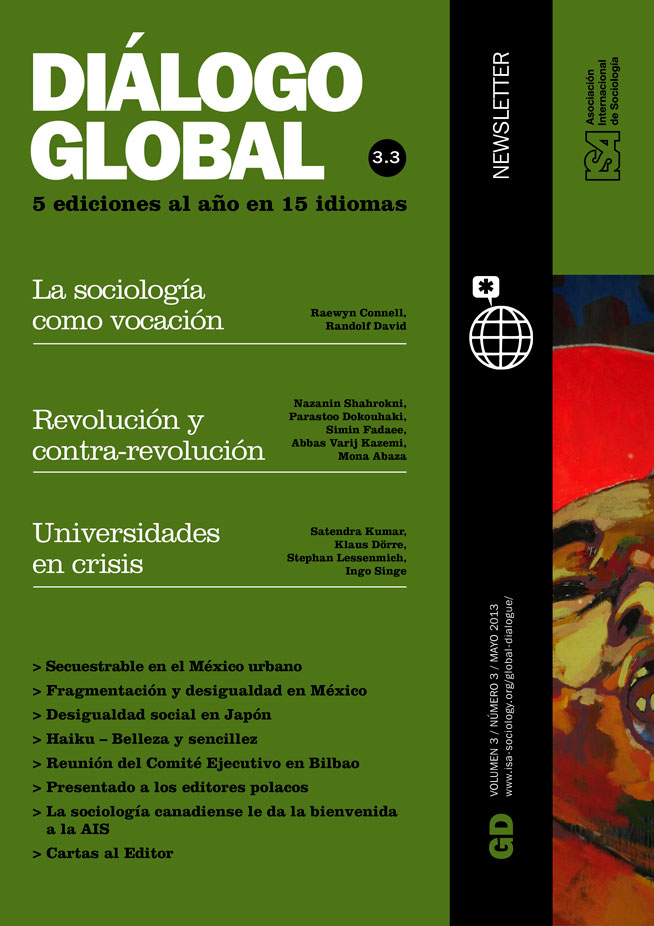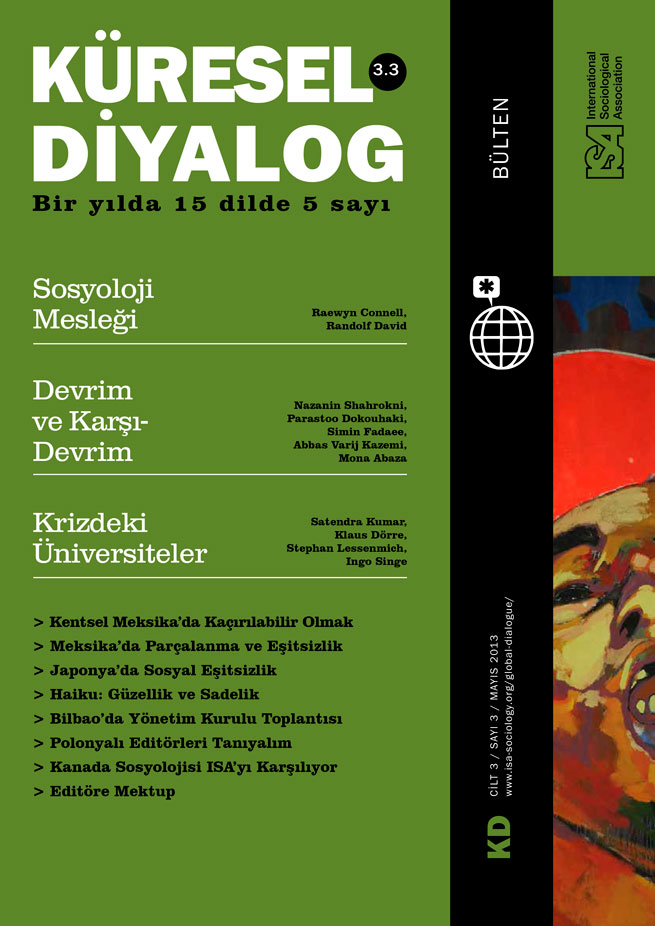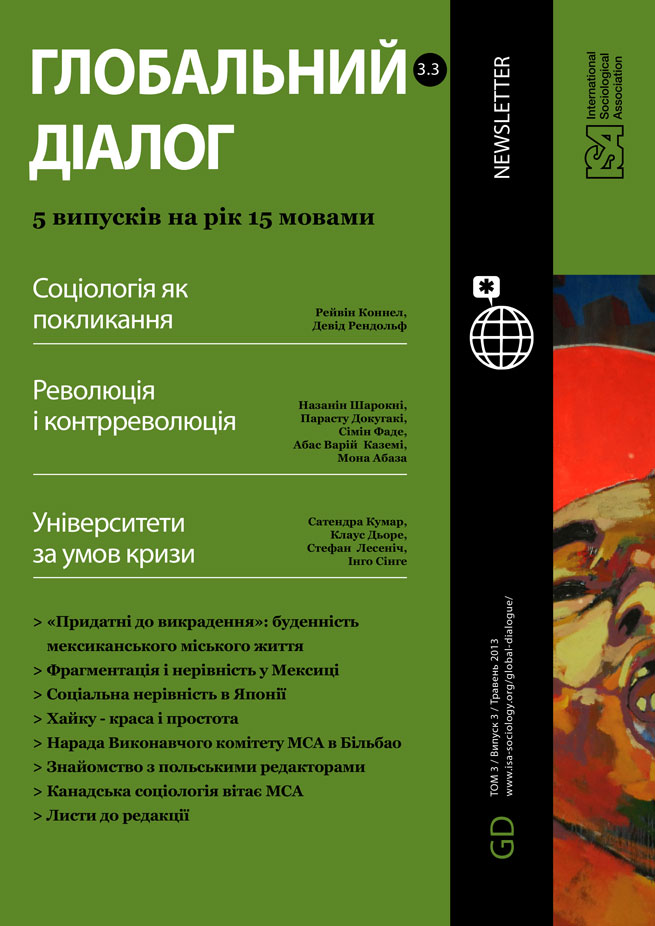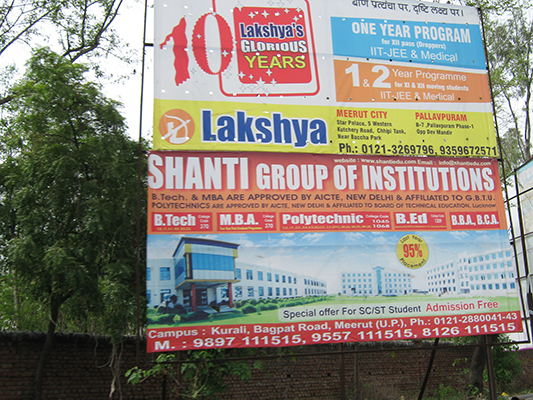Read more about Universities in Crisis

German Sociologists Boycott Academic Ranking
by Klaus Dörre, Stephan Lessenich and Ingo Singe
April 28, 2013
Worldwide the university is facing the double pressures of regulation and commodification, and the university in India is no exception. In the late 1990s, following global trends and World Bank dictates, the Government of India declared that institutions of higher education should make efforts to raise their own resources by raising fee levels, encouraging private donations, and generating revenues through consultancy and other activities. The government justified this decision as necessary to ease pressure on public spending. In April 2000, the Prime Minister’s Council on Trade and Industry appointed a committee headed by Mr. Mukesh Ambani and Mr. Kumarmangalam Birla to suggest reforms in the education sector. The committee considered education a very profitable market, and suggested that the government confine itself to primary education while leaving higher education to the private sector. The two industrialists made a case for the full commodification of higher education. In the following years, the budgetary allocation for higher education was decreased and new recruitment of regular academic and non-academic staff was almost halted. In what follows, I discuss how this commodification has led to the effective dismantling of a public university in Meerut, Uttar Pradesh, and its replacement by a perverse system of private education.
Chaudhary Charan Singh University (CCSU), named after a farmer leader and former Prime Minister from the region, was established in 1966. The university offered MA, M. Phil. and Ph.D. courses in Arts and Sciences. In addition, around 55 colleges in Arts, Sciences, and Management (graduate and post-graduate) were affiliated with the university. While the university had poor-quality teaching, over-crowded classrooms and lack of infrastructure, it still did an admirable job of providing education in multiple fields to people of diverse class and caste backgrounds. However, things changed dramatically in the early 2000s when the university, following changes in government policy including dramatic budget cuts, started raising funds by giving out certificates and other forms of approval to run self-financed vocational courses, first within the university departments, and later in affiliated state-run colleges.[1]
The university’s initiative to give out certificates to private parties to run professional courses led many local industrial houses to open new colleges. Soon this initiative also captured the attention of unemployed educated youth, some of whom were running coaching centers. It also attracted local political leaders who had access to the university bureaucracy and the dominant political class. Overnight, many one-room coaching institutes were converted into vocational colleges. Thousands of acres of public land, which had been snatched from farmers at throwaway prices, were allotted to politicians by local authorities. These politicians set up colleges under charitable trusts, which helped them invent ways to convert “black money into white” and evade taxes in the name of social service[2]. Within a decade, more than 350 private colleges were set up in rural and urban Meerut and nearby towns. The CCSU gave certificates to these colleges to run various courses in Engineering, Management, and Pharmacy, and to offer Bachelors in Education degrees (B.Ed). Hardly any private institutions are interested in offering courses in Arts, Social Sciences or Philosophy. The result is that CCSU has been reduced from a large and comprehensive public university into a machine that distributes certificates for profit-making private colleges.
The state’s dismantling of the public university and the emergence of a burgeoning private sector has had many perverse consequences on the quality of education and social justice. In the beginning, many institutions were set up and run without following the guidelines laid down by the government for opening a private college. This resulted in hundreds of the colleges and institutions being run without proper infrastructure and qualified teaching staff. Today you can find institutions where students are registered on paper, but in which no classes are held. These colleges bypass existing rules by charging huge capitation fees[3] that many poor and lower-class students cannot pay.
In order to help poor and lower class or caste students the government offered fellowships and subsidies to institutions that admitted Scheduled Caste (SC) students to vocational courses. But rather than promoting social justice, this has benefited private colleges that have gamed the program for their own profit. Many colleges and institutions hired so-called “consultants” (brokers) to prepare lists of SC students by going door-to-door in villages and urban neighborhoods around Meerut. These students were asked to enroll in the vocational courses that qualified for government subsidies. In many cases, the students were not interested in these courses, but were enrolled on paper anyway. Further, many students were admitted to more than one college without their knowledge. In the former case, students benefited from the fellowships by obtaining degrees without attending classes, while the college owners received huge subsidies. In the latter case, the college owners and consultants were beneficiaries with no benefits to the students. In this way, huge public funds were laundered into the private sector.
The private colleges also became political machines for accumulating votes. Many politicians set up vocational colleges in rural and semi-urban areas. For many of them, one of the motives was to buy cheap farmland in the countryside. These politicians projected themselves as charity workers who were not only helping their fellow caste members but also people across castes and classes in rural areas where educational facilities are still few. The private colleges have become an instrument to extend patronage to poor parents who cannot afford huge capitation fees and to educated youth who struggle to find jobs. During elections these parents and young people campaign and vote for their patrons.
In reality, public resources have been used to fund the expansion of the private sector in India. Not only has this privatization created a rich class of college owners belonging to the upper and middle castes, it has also aggravated inequality of access to higher education. A large proportion of graduates of private colleges either end up enrolling in additional courses to enhance their qualifications or they take jobs at very low salaries. SC and poor students find themselves stranded in the maze of private colleges. Thus, the result is reproduction of class and caste, and the pure instrumentalization of knowledge. I have studied this phenomenon only in Meerut and Western Uttar Pradesh, but I expect the privatization of public education elsewhere in India to have similar consequences when state regulations can be circumvented with bribes or other forms of corruption. This resembles the worldwide trend of public goods being transferred to private players with the connivance or positive encouragement of the state.
[1] In the self-financed courses a student was supposed to pay more than usual on user-fee grounds, but infrastructure such as buildings, teaching staff, and libraries were provided by the university in these campus-run but self-financed courses. In short, the government was providing public resources to fund private education.
[2] Running an educational institution comes under social service. It is considered a non-profit activity and is non-taxable.
[3] A capitation fee is an unofficial payment, which, in India, is often necessary for admission to institutions of higher education.
Satendra Kumar, Delhi School of Economics, Delhi, India
This issue is not available yet in this language.
Request to be notified when the issue is available in your language.
If you prefer, you can access previous issues available in your language:
